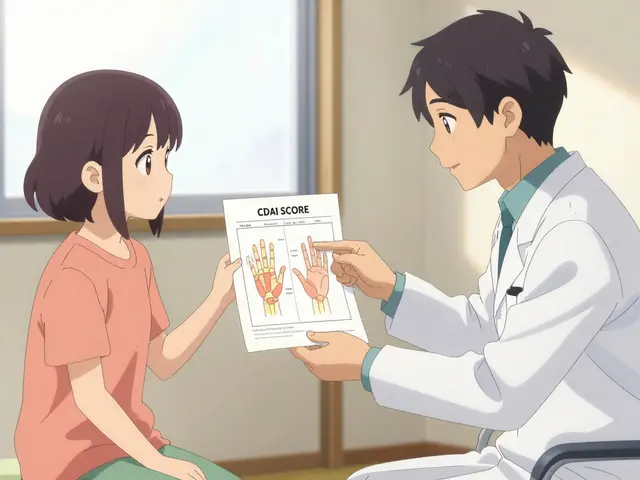Depression Alternatives You Can Try Today
If you’re looking for ways to feel better without reaching for a prescription, you’re not alone. Many people wonder whether there are effective depression alternatives that fit into a busy life. The good news is that a handful of simple changes can make a real difference in mood and energy.
Move Your Body, Boost Your Brain
Exercise isn’t just about losing weight; it releases chemicals that lift mood. Even a 15‑minute walk around the block can increase serotonin and endorphins. If you’re short on time, try short bursts of activity—like climbing stairs, dancing to a favorite song, or doing a quick set of body‑weight squats. Consistency beats intensity, so aim for a habit you can keep.
Eat for a Happier Mind
What you eat feeds your brain. Foods rich in omega‑3 fatty acids—such as salmon, walnuts, and flaxseeds—support neurotransmitter function. Whole grains, leafy greens, and colorful vegetables provide vitamins that help regulate mood. Cutting back on refined sugar and ultra‑processed snacks can reduce mood swings and fatigue.
Adding a daily dose of vitamin D, especially in winter, often improves mood. If sunlight is scarce, a modest supplement (1000–2000 IU) can fill the gap. Likewise, B‑vitamin complexes, particularly B12 and B6, have been linked to lower depressive symptoms.
Sleep Like a Pro
Sleep deprivation and depression share a two‑way street. Aim for 7–9 hours of quality sleep each night. Keep the bedroom dark, cool, and tech‑free. A consistent bedtime routine—like reading a physical book or listening to calm music—signals your brain that it’s time to wind down.
Light Therapy and Fresh Air
Bright light exposure, especially in the morning, can reset your internal clock and lift mood. If you can’t get outside, a light‑box with 10,000 lux for 20–30 minutes works well. Fresh air, even on a short balcony break, adds oxygen and reduces stress hormones.
Mindfulness, Meditation, and Breathing
Mind‑body practices are powerful depression alternatives. Simple breathing exercises—like inhaling for four counts, holding for four, exhaling for six—activate the parasympathetic nervous system. Apps that guide you through 5‑minute mindfulness sessions can lower anxiety and improve focus.
Social Connections Matter
Isolation can worsen low mood. Reach out to a friend, join a hobby group, or volunteer locally. Even a brief, supportive chat can trigger the brain’s reward pathways. If you feel shy, start with online communities that share interests you enjoy.
Professional Help Without Meds
Cognitive‑behavioral therapy (CBT) and other talk therapies are evidence‑based alternatives to medication. A therapist can teach coping skills, challenge negative thoughts, and set realistic goals. Many clinics offer sliding‑scale fees, and some insurers cover a certain number of sessions.
When you try these depression alternatives, track what works and how you feel. A simple journal—note sleep, activity, diet, and mood rating—helps you spot patterns and stay motivated.
Remember, depression can be stubborn, and not every tip works for everyone. If symptoms persist, severe thoughts appear, or daily functioning drops, seek medical advice promptly. Combining natural strategies with professional guidance often yields the best results.
Whether you start with a morning walk, a splash of sunlight, or a quick breathing exercise, each step moves you toward a brighter mood without relying solely on prescription drugs.

Exploring Alternatives to Wellbutrin SR
- By : Archer Hamilton
- Date : Jan 29 2025
Wellbutrin SR is a commonly prescribed medication for depression, but it's not always a perfect fit for everyone. Discover various alternatives, such as Celexa, each with unique benefits and potential drawbacks. This article will help you understand these options to make an informed decision about your mental health treatment.





